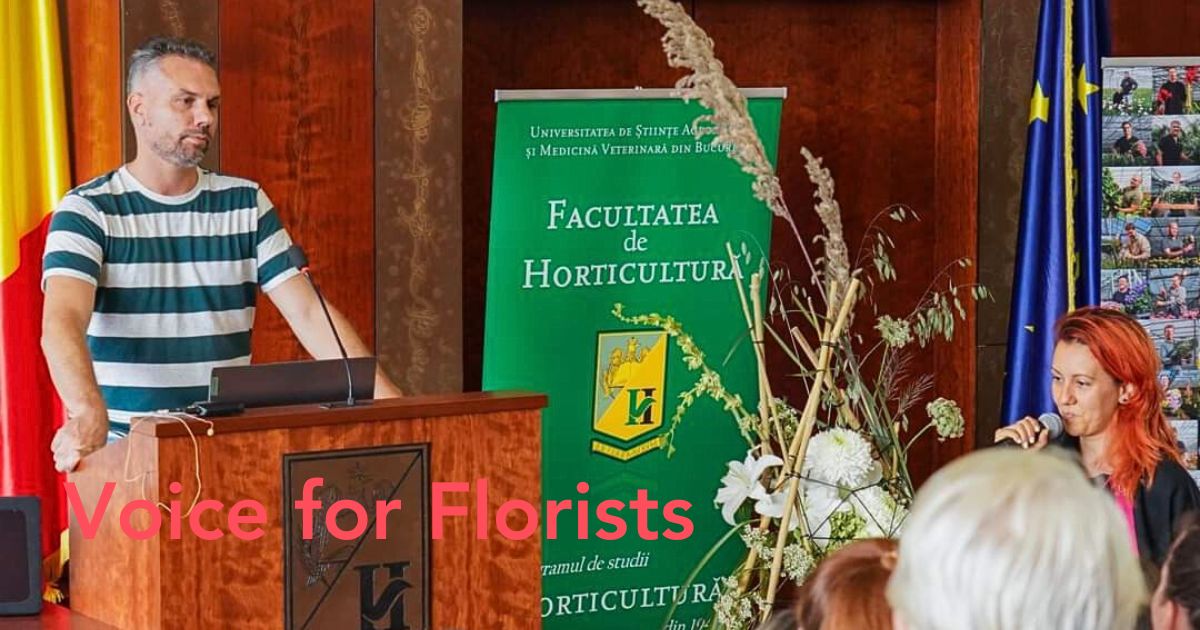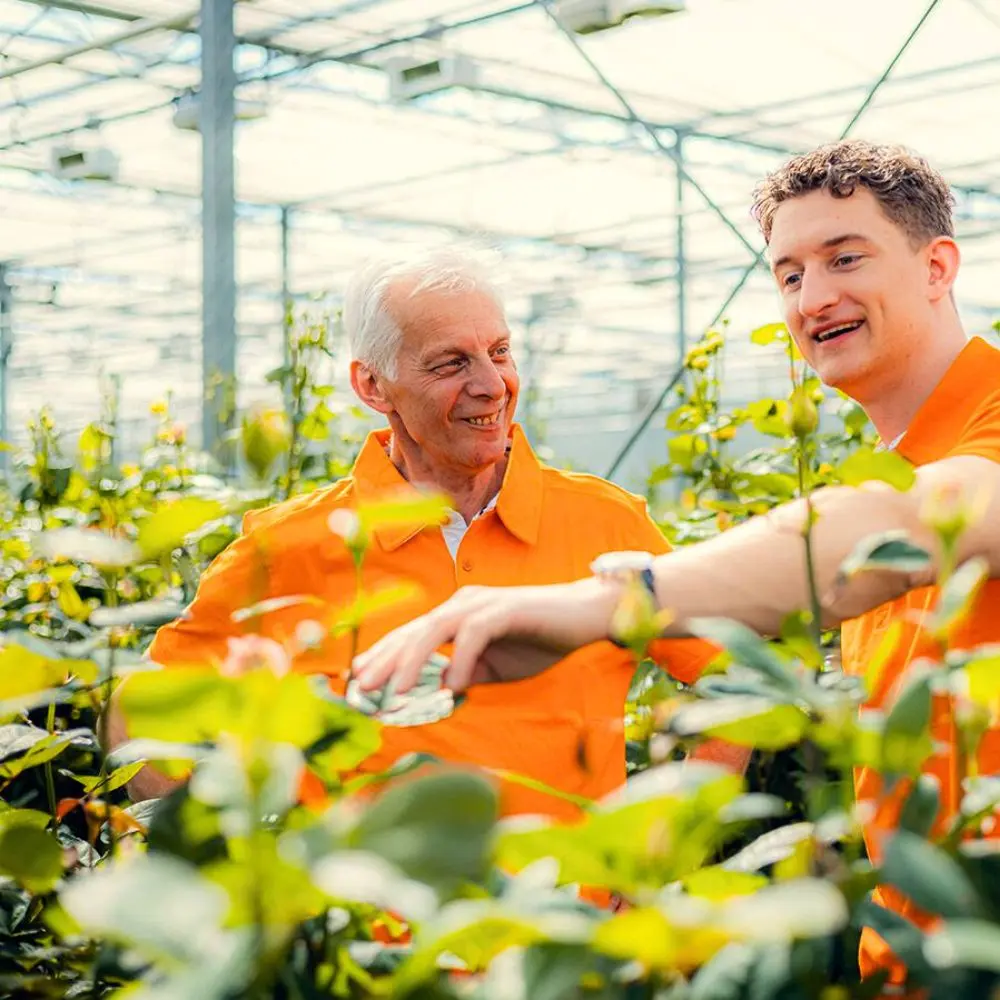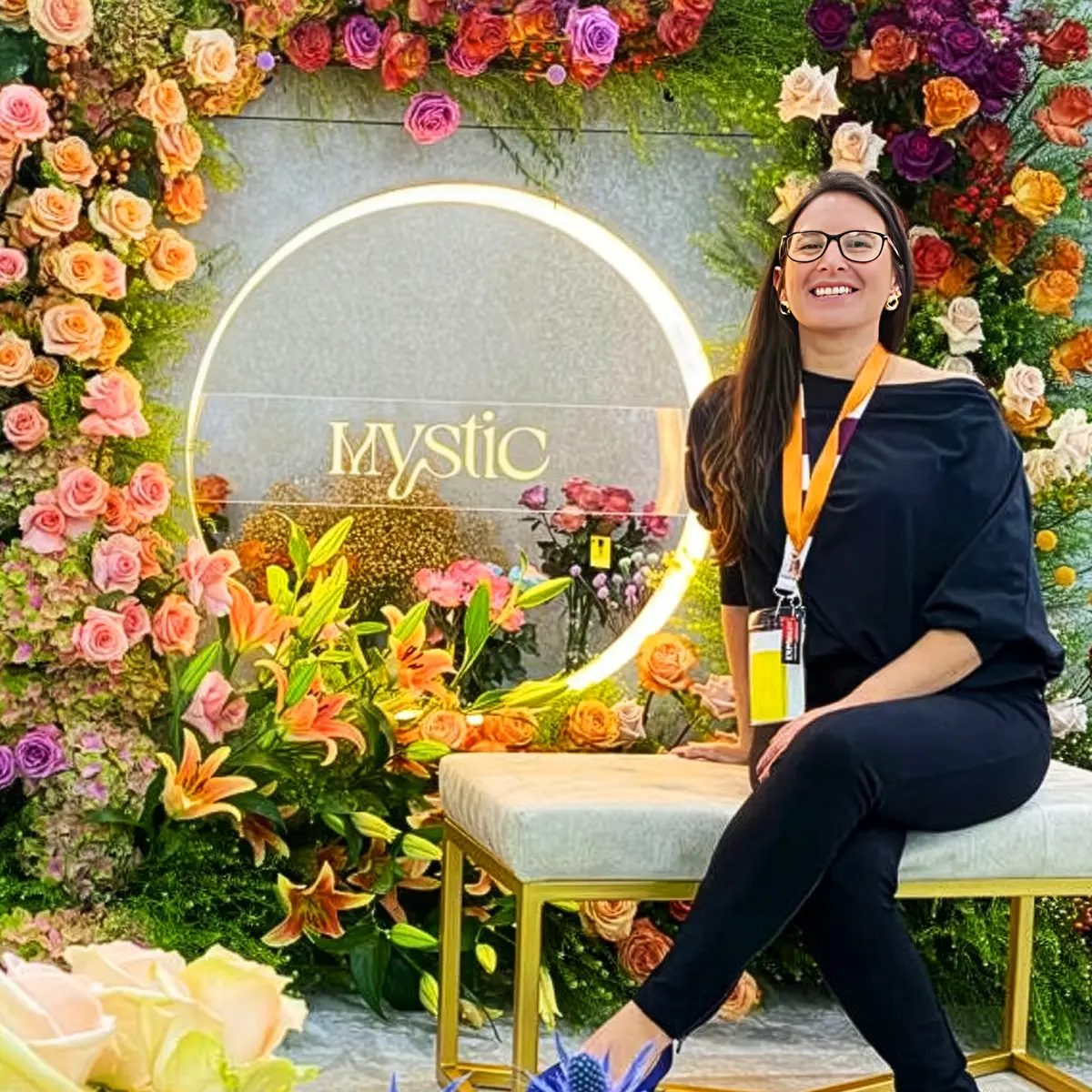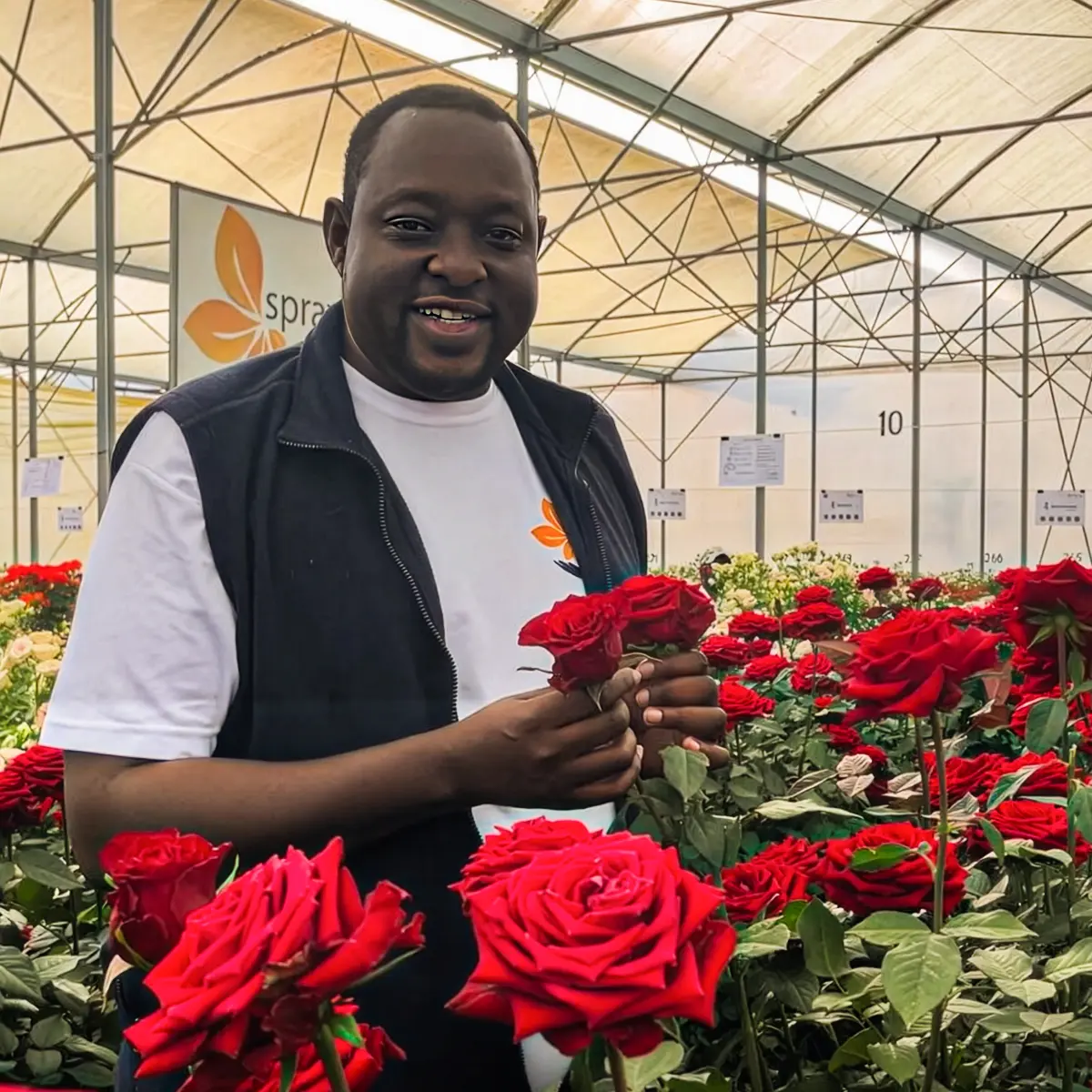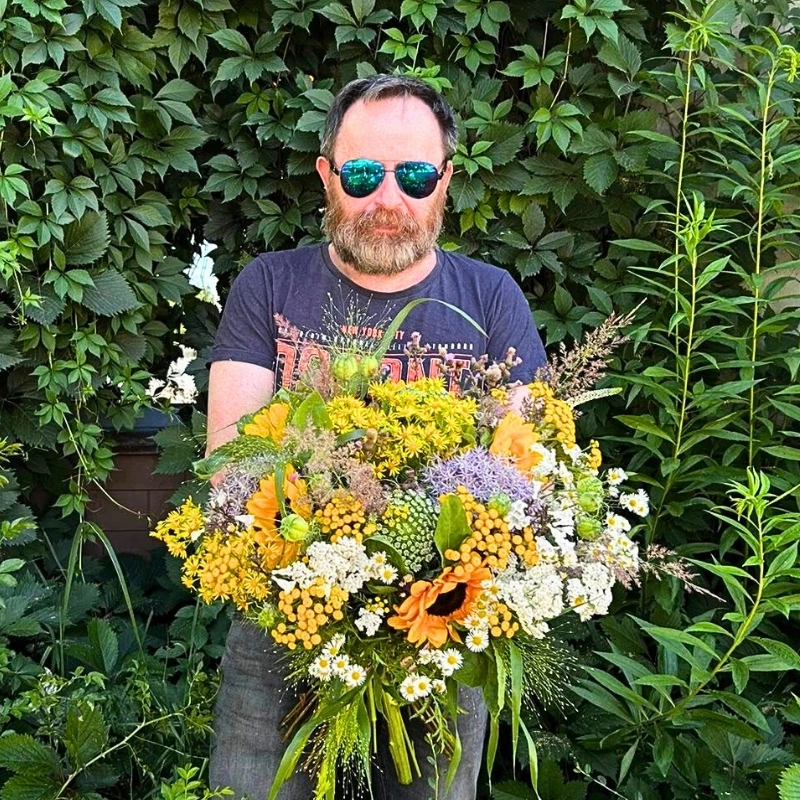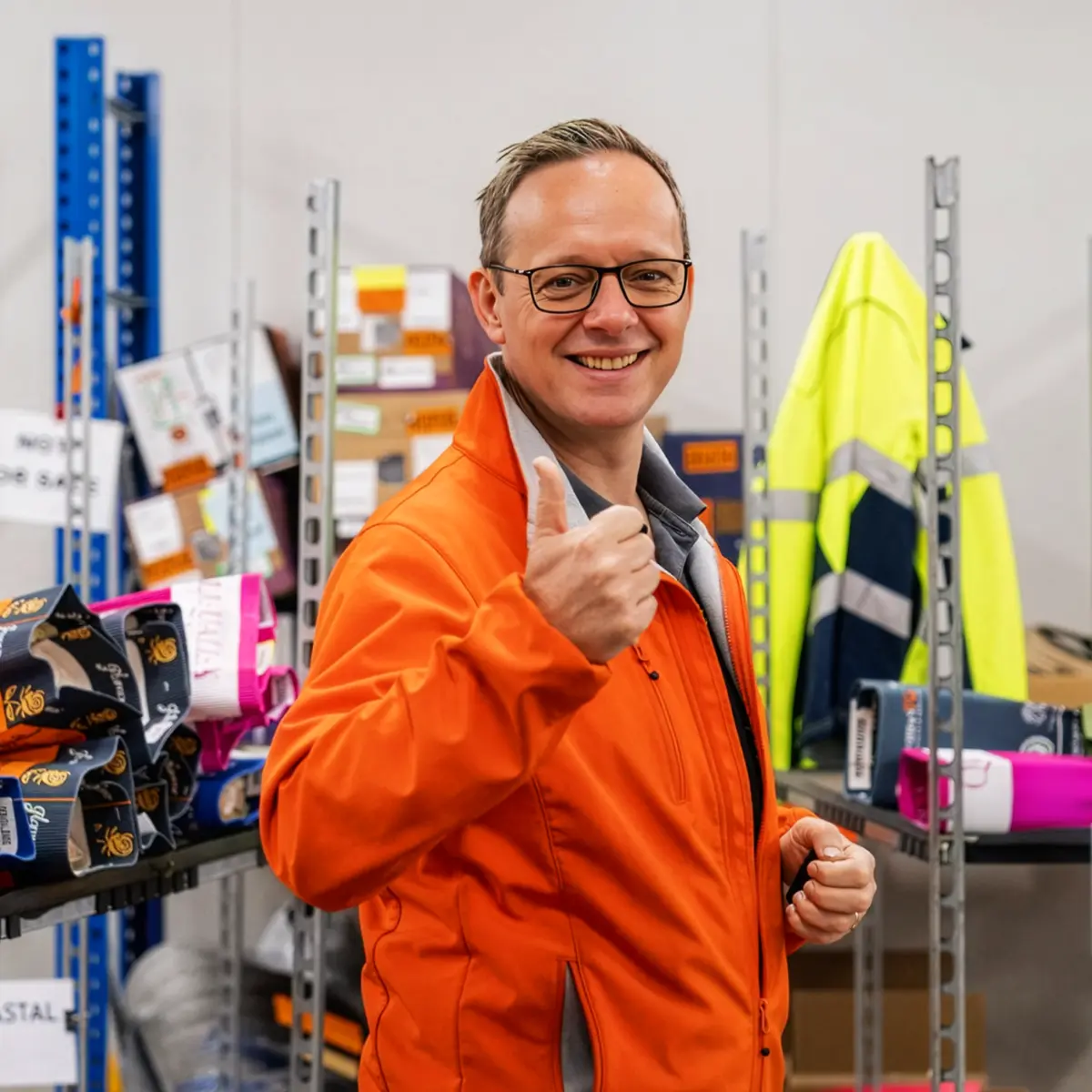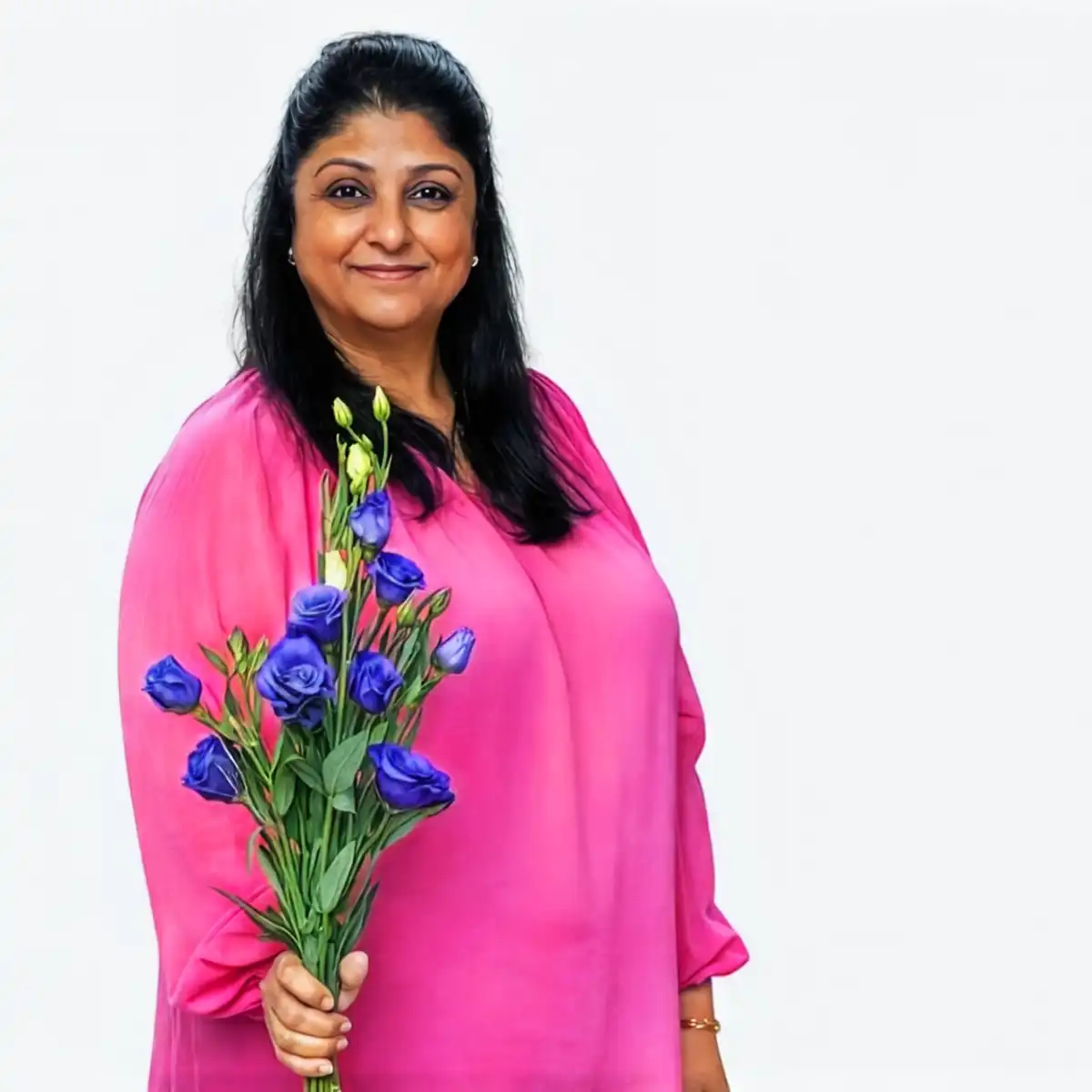Jan Huisman is more than just a name in floristry—he’s a driving force behind a quiet revolution that's reshaping the way florists work, think, and connect. As the co-founder of Master Florist, Jan blends creative instinct with entrepreneurial vision, helping floral designers not only master their craft but build resilient, purpose-driven businesses.
His journey—rooted in sales, shaped by reflection, and fueled by a belief in authenticity—has allowed him to lead a global community of over a million followers. In this 10-question series, Jan opens up about the industry's biggest challenges, his rituals, and the quiet power of staying grounded while leading bold change.
Question 1
For those who don’t know you, who are you, and what do you do?
"My name is Jan Huisman, and I am the co-founder of Master Florist. I'm rooted in the floral industry, with a background in entrepreneurship and sales. I’ve always felt a deep pull toward beauty, movement, and meaningful, authentic connection, and florists combine all three. In 2013, after a turning point in my career at Hakbijl Glas, I decided to dedicate myself fully to the floral world. That moment, standing on the roof of the Aalsmeer auction, became the symbolic beginning of my journey. Today, I help florists grow, not just creatively but also strategically and personally."
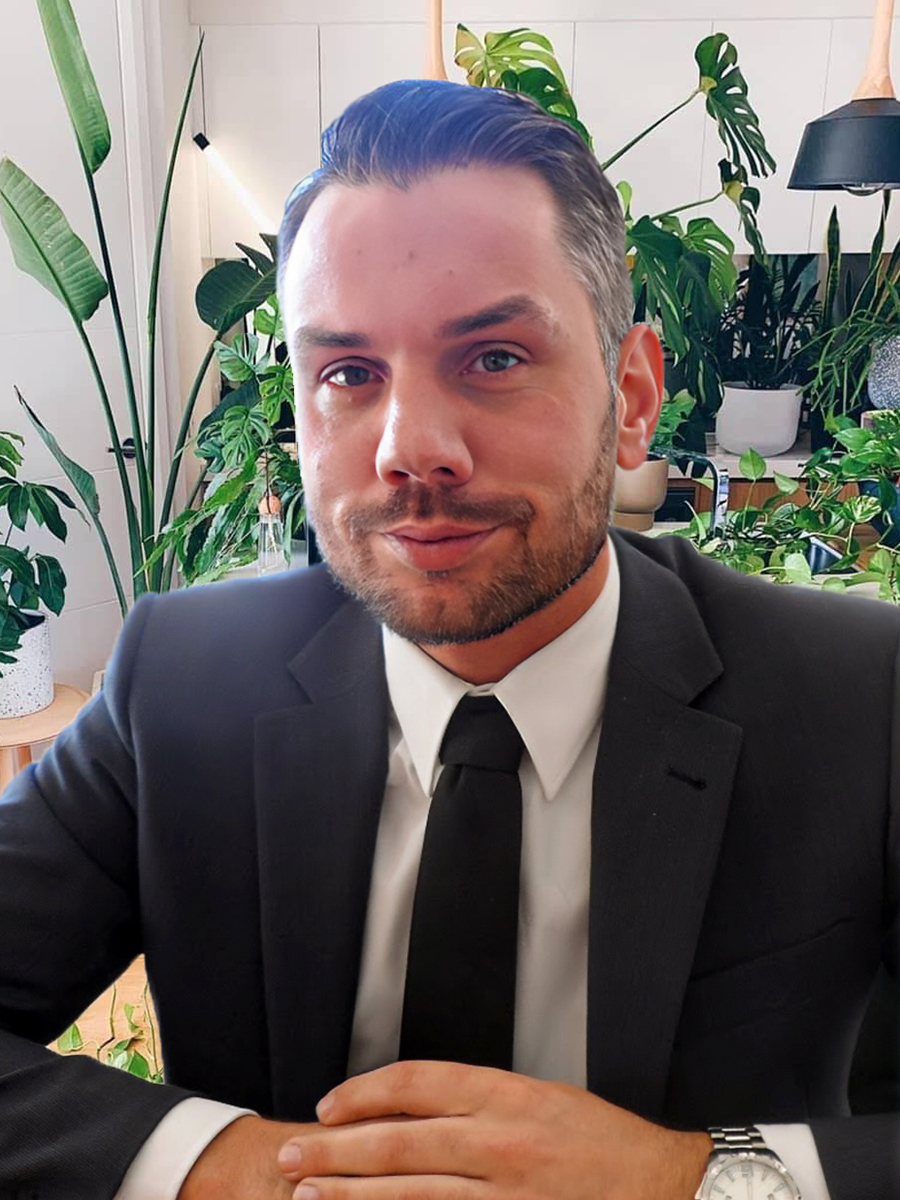
Question 2
What is so special about your job?
"What makes my work unique is the fusion of creativity and leadership. I don't just work “in flowers”, I work for the people behind them. Through Master Florist, we empower floral designers and entrepreneurs to find their voice, to break free from limiting industry structures, and to grow with authenticity, independence, and vision. Watching someone bloom not only in their craft but also in their confidence and business, that’s the magic."
Question 3
Are there any specific challenges or obstacles you’ve faced at work, and how did you overcome them?
"One of the biggest challenges was creating something that didn’t yet exist. In 2013, I founded the “Bloemisten Netwerk”, a Facebook group for florists, simply because there wasn’t anything like it. It was awkward at first, slow-growing, but over the years, it evolved into a true community. Later, finding the right partner to bring structure to my vision was another challenge, until I met Mark Doyle in 2015. With 10 years of experience as CTO at Interflora, he also had his matching plans/vision of how things could be different. Our skills, experience, and goals complement each other very well."
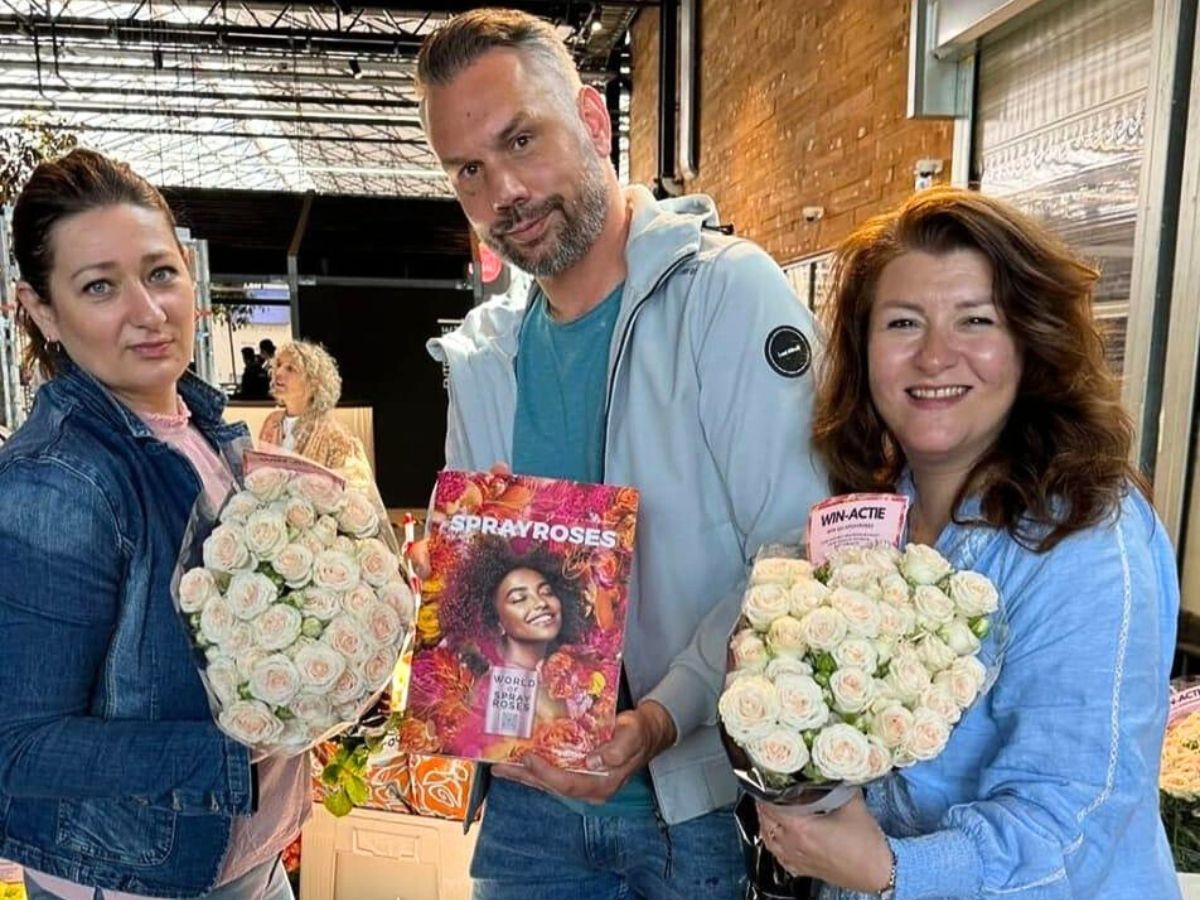
Question 4
What are the threats in the industry, and if so, do you have any solutions for them?
"The biggest threat is commodification. When creativity is compressed into mass production, the soul of the industry fades. We also see young florists struggle with the pressure to “compete” rather than “create.” My answer? Education, community, and autonomy. We need to shift the focus from short-term sales to long-term identity. At Master Florist, we empower florists to define their brand, understand strategy, and build resilience, so they’re no longer dependent but free. The future of our industry lies in strong, authentic creators, ambassadors, not "just florists"."
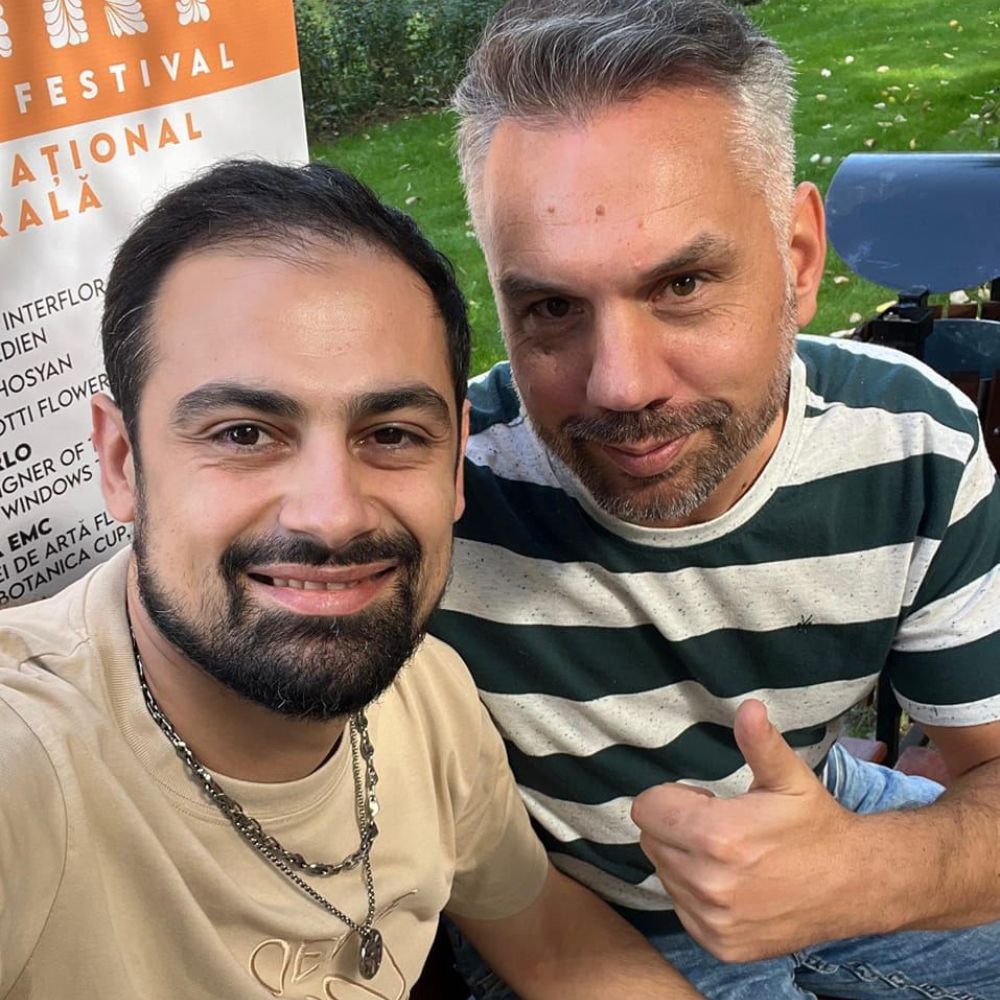
Question 5
How has technology, such as e-commerce platforms or digital marketing, affected your industry? What strategies have you employed to stay competitive?
"Technology has changed everything, from how florists communicate to how they sell. Early on, I embraced platforms like Facebook to build community, before others saw its strategic value. Later, I focused on helping florists develop their digital identity, not only posting pretty pictures, but understanding how to tell their story, how to build a personal brand, and how to attract the right clients. I also believe in ownership; florists must own their narrative and digital channels, rather than becoming dependent on third-party marketplaces, which are not empowering them. Education in this field is essential and ongoing. They need partners who lift them, not tear them down to a commodity "thing."

Question 6
Who (in or outside the floral industry) is an inspiring example to you? And Why?
"In the industry, I’ve always respected artisans who walk their path. But if I had to name one true example, it’s Mark Doyle, my business partner. Not only because of his technical background, but because of how he leads: with calm, focus, and a long-term, “moralistic” vision. Outside the industry, I’m inspired by people who combine strategy with soul."
.jpg?1753700441934)
Question 7
How do you handle stress or difficult moments in your life?
"I’ve learned to see stress as feedback, not failure. I use moments of pressure to sharpen my direction. I regularly step back, go offline, and reflect on what’s essential. I also work with my physical body: training, breathwork, and solitude are vital to stay grounded."
Question 8
What has been the best (floral or non-floral) news for you lately, or of the last year?
"One of the biggest highlights has been the transformation of Master Florist into a truly international force. What started as a humble network has grown into a powerful global tribe, with over 1 million followers across platforms and a core community of more than 60,000 florists worldwide. It’s a real movement. A community built on shared values, creativity, and vision.
What excites me most is that this tribe is ready for the future. Ready to evolve, grow, to co-create, and to take ownership of their path. Everything will come together, organically and powerfully."
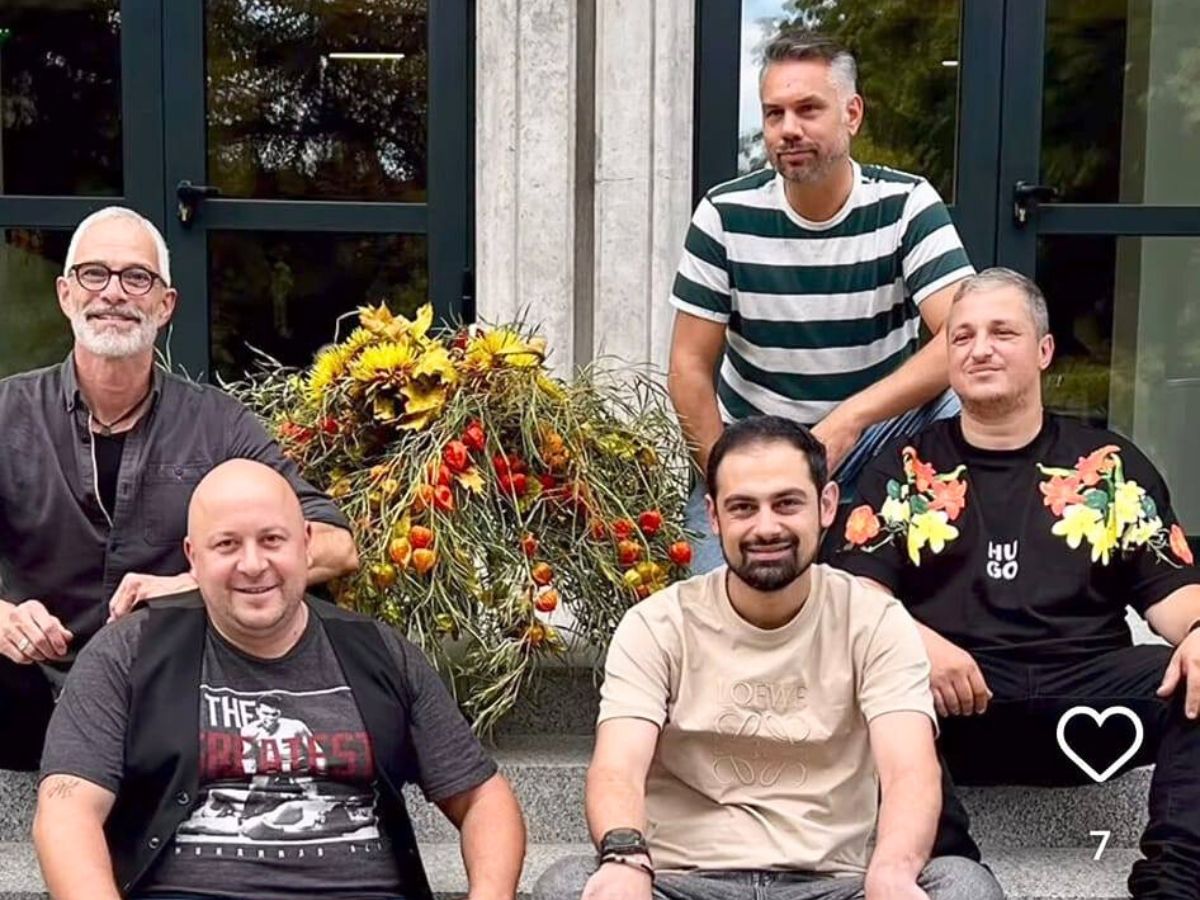
Question 9
Which is your favorite flower/plant, and why is it good for you?
"For me, it’s the Ranunculus, especially the butterfly varieties. There’s something magical in their structure, delicate yet strong, soft yet wild. The Ranunculus embodies contrast: movement and stillness, complexity and elegance, and last but not least, freedom. Just like people. Just like good design. They remind me to create with intention, and to leave space for imperfection and lightness."
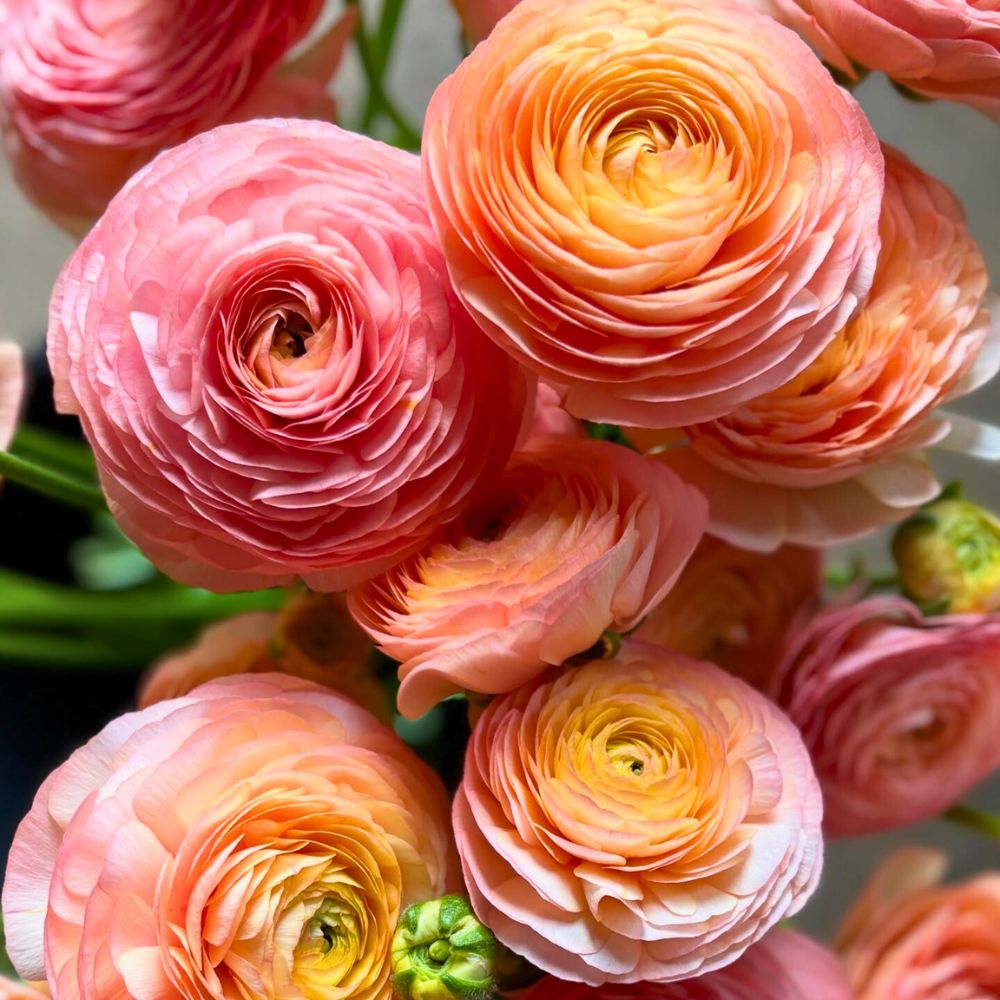
Question 10
What are you doing this weekend?
"This weekend, I’m spending time offline. Time for reflection, writing, training, and recharging. I’ve learned that stillness is fuel for vision. I’ll probably walk in nature, dive into a book, and explore new ideas for Master Florist’s next steps. Weekends are also when I reconnect with a few close friends or have deep conversations, no surface talk, just real presence. It’s the balance between being in de wereld and even buiten de wereld that helps me show up stronger on Monday."

All pictures courtesy of Jan Huisman.

